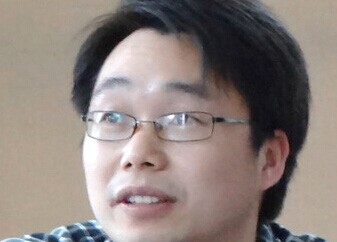HE SHAOHUI: Think tanks should demonstrate foresight

As an important component of national soft power, think tanks participate in public policymaking and guide strategic government decisions. Think tanks come in a variety of forms and are a source of comprehensive research that is capable of addressing long-term issues as well as responding to emergencies.
However, no consensus has been reached so far regarding how to reasonably evaluate such research achievements and establish a scientific evaluation system. How to effectively evaluate research achievements in the social sciences is a topic of great debate among researchers in the field. The central point of contention is whether quantitative or qualitative evaluation should take dominance.
As an important source of social science research, think tanks should be evaluated both quantitatively and qualitatively. On one hand, the influence of any research should be first determined by how much quantitative and comparable effect it has on government, markets and society. This means how many times it is adopted in decision-making at different levels of government. To some extent, research that is used more at a higher level is more influential.
On the other hand, influence should also be determined by peer review. Normally, achievements that have been peer reviewed at a higher level are more influential.
To a large extent, the ability of a think tank to adopt a farsighted perspective can determine the success of its research. But in reality, people tend to focus on short-term results that are tangible and less controversial but ignore the long-term implications. It is important to combine evaluation of immediate effects and significance with an examination of long-term applications and influence.
The core goal of think tank research is to provide specific applicable solutions and alternative proposals. Therefore, an important evaluation indicator is whether or not it can provide the government, especially officials at a higher level, with effective, applicable research reports or alternative proposals.
Obviously, this methodology uses administrative means directly or indirectly, so we can call it administrative evaluation. There is no doubt research that attracts the attention of governments and institutions at a higher level is of high quality. But we should also realize that research results can still be excellent even if they do not achieve this level of recognition.
The research could yield new methodologies, ideological support or theoretical breakthroughs that exert a significant and profound impact on think tank researchers and academia. So we should combine administrative and academic evaluation, focusing not only on effect on government policy at the highest levels but also on its theoretical, academic and ideological innovation.
In a word, a diversified evaluation system is needed that combines quantitative and qualitative assessment, looks at immediate and long-term impact, and takes administrative and academic value into account. This will make think tank researchers more active and innovative while promoting the publication and transformation of research achievements so that the evaluation can in turn facilitate the development of think tanks.
He Shaohui is the deputy director and associate research fellow of the State Governance and Public Policy Research Center at the Hunan Academy of Social Sciences.
